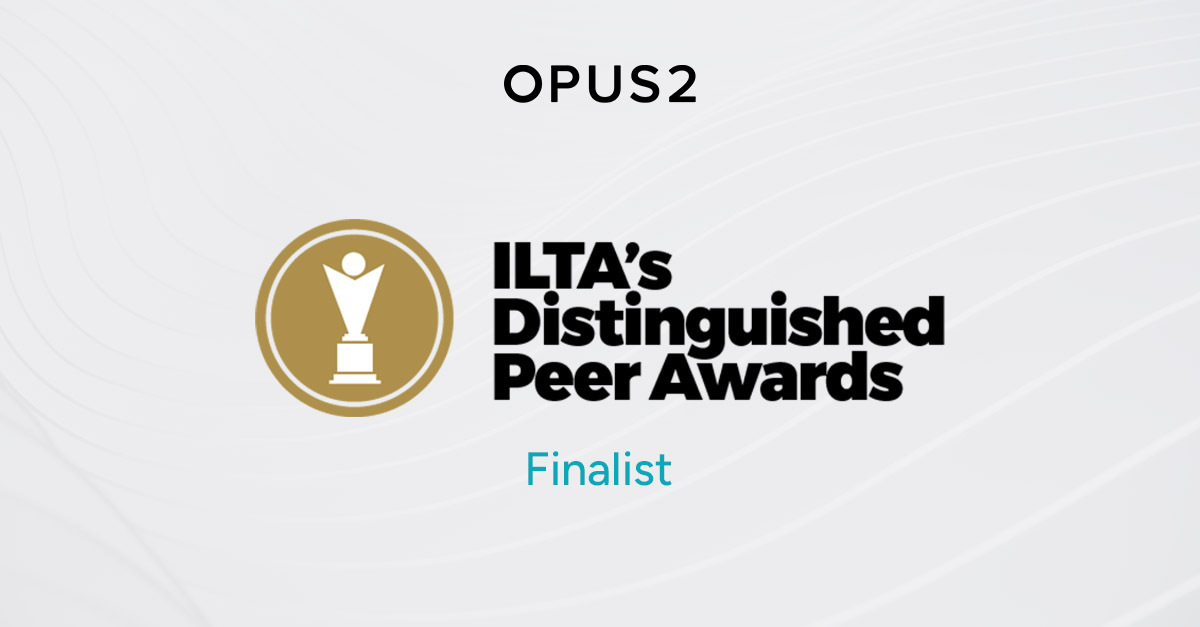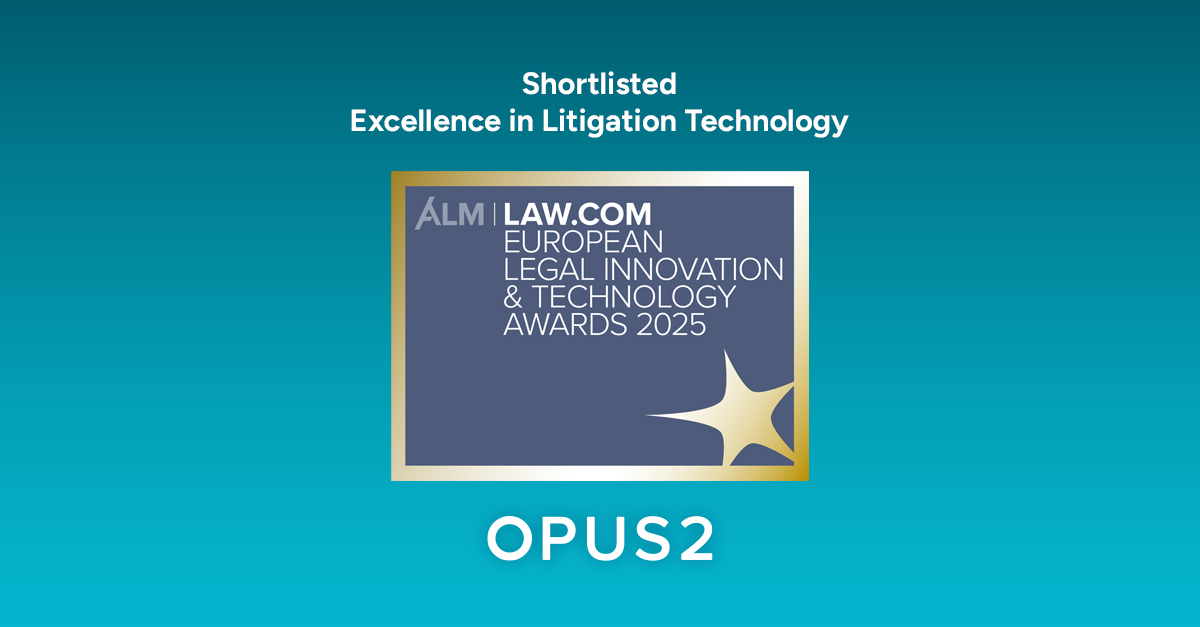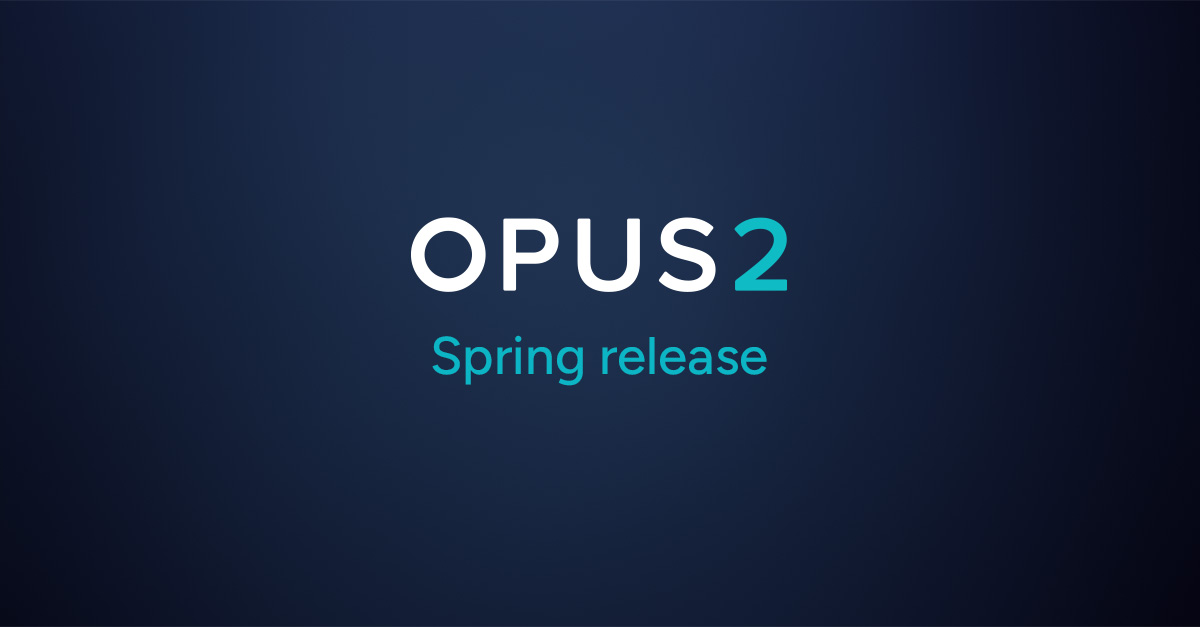Market conditions and shareholder demands have increased pressure on corporations to integrate environmental, social, and governance (ESG) frameworks and disclosures into their corporate strategies. In turn, law firm clients and their inside counsel are demanding that their supply chain, including legal service providers, also have in place ESG strategies and targets.
The ‘E’ portion of ESG considers how a company performs as a steward of our physical environment – from a firm’s utilisation of natural resources to the effect of their operations on the environment, both in their direct operations and across their supply chains. In 2021, Singapore, recognising the existential threat that climate change poses to the island, unveiled its Green Plan 2030 and, under the Paris Agreement, is committed to halving carbon emissions by 2050.
Litigation practices remain challenged by the preference for hard copy document bundles, in-person hearings and trials, and perceived complexities associated with implementing technology solutions. Which begs the question: can law firms make a positive change on their environmental impact by creating efficiencies in the way the litigation practice is conducted?
On 6 May, Opus 2 sponsored and participated in a panel session at the Law Society of Singapore’s 2022 Litigation Conference entitled, ‘Achieving the E in ESG for the Litigation Practice – Aspirational or Reality?’ Joining Rachel Foxton, Head of APAC for Opus 2, on the panel were: Daryl Chew, Managing Partner, Three Crowns LLP; Tan Ken Hwee, Chief Transformation & Innovation Officer (Judiciary), Supreme Court of Singapore; Abraham Vergis, SC – Managing Director, Providence Law Asia; KC Lye (Counsel, Breakpoint LLC) and Celeste Ang (Principal, Baker & McKenzie.Wong & Leow).
The panel discussed how, as of now, there are no universal mandatory ESG reporting requirements. Though a variety of 3rd party disclosure frameworks provide guidelines for companies who report on ESG, this lack of a standardised framework presents a challenge for law firms attempting to account for environmental risk as there are no universal metrics to plan toward and compare to. The panel explored why, despite this, law firms should be thinking about their environmental and sustainability responsibilities, and whether it’s possible to conduct litigation in a sustainable manner. The group also discussed some of the innovative tools which can be deployed to reduce a firm’s environmental impact. Below are some takeaways from the session:
A paperless or ‘paper-light’ litigation practice
If you’ve worked at a law firm, you will be familiar with the vast amounts of paper used in briefs and bundles. Thousands if not millions of pages of legal documents stuffed in file boxes are likely to exist in a storage room somewhere at the firm. To put this in perspective, in 2018 the Legal Sustainability Alliance, a voluntary reporting mechanism for international and UK law firms, published a report based on the disclosures of 59 law firms which found that those firms collectively had used 4073.45 tonnes of paper in the previous year! And, despite the impact of COVID-19, there are still several areas of law where certain documents must also exist in paper format. A completely paperless litigation practice is a worthy goal to aspire toward, but a ‘paper-light’ litigation practice is more feasible today. Some ideas for a paper-light practice include:
- Evaluate your current workflows to identify how, when and why paper documents are used.
- Modernise your workflows and define a policy with criteria for when to use/retain paper documents.
- Choose and implement paperless technology solutions that complement your workflows.
Business travel – only when necessary
Globalisation and the internet inevitably lead law firms to have clients all over the world, and some cultures still put a premium on the importance of face-to-face meetings over video communication. As a result, lawyers working for firms with offices around the world or with clients who are multinational companies frequently fly back and forth for meetings. Employee travel is one of the business world’s greatest contributors to carbon emissions (WeForum, 2021). During the pandemic, this practice had to be rapidly evaluated. The adoption of off-the-shelf technology solutions, such as Zoom and MS Teams, enabled lawyers to stay in touch with clients when travel was not an option. Business continued, revealing that travel isn’t always as necessary as we once thought.
As travel starts to resume, it is important for law firms to reassess how and why they travel to make their travel programmes more sustainable post-pandemic. When possible, continue virtual meetings and conferences. In cases where business travel is required, some travel search engines, such as Google, and airlines have added filters that allow users to search for ‘eco-friendly’ flights –opt for those, if possible.
Data consumes energy
You may think that using email or instant messaging apps instead of old-fashioned postal mail is one way to help reduce your carbon footprint. To an extent, that is true. But did you ever think about the energy used by email or instant messaging?
Looking at email alone, analysts have found that the average office worker receives 121 emails and sends about 40 each day (The Guardian, 2019)– not to mention all the spam, deleted messages, long email chains and emails with attachments that sit in our mailboxes. The average carbon footprint for different emails ranges from 0.3g CO2e (carbon dioxide equivalent) for the average spam email, to 4g CO2e for a standard email to 50g CO2e for an email chain with attachments (Carbon Literacy Project, 2018).
Email and instant messaging tools build up a lot of data, which must be processed and stored somewhere – often in on-site servers – which consumes energy. Law firms can create data retention policies to help reduce the consumption of energy, but research by Northwestern University revealed that transitioning commonly used software applications, such as email, to the cloud would in fact cut energy usage by up to 87% (The Energy Efficiency Potential of Cloud-Based Software, 2013).
Client expectation is driving the adoption of environmentally friendly case management
In the context of commercial disputes, law firms’ clients and their in-house counsel are looking more closely at the sustainability of firms they retain. Increasingly, law firms are being asked to provide their own ESG credentials in requests for proposals. While this may be due in part to increasing ethical concerns, it is also largely the result of these companies being forced to re-evaluate their own supply chains and vendors amidst growing awareness from employees and consumers and pressure from investors. According to the 2021 Legal Officers Survey conducted by the Association of Corporate Counsel (ACC), 65.8% of Chief Legal Officers believe that a focus on ESG will accelerate.
And it is not just client expectations. In Singapore, the Singapore Exchange Regulation (SGX RegCo) have created a Taskforce for Climate-Related Financial Disclosures (TFCD) and recently announced mandatory climate-related disclosures for certain industries – including the financial and energy sectors – in response to an urgent demand for such information from lenders, investors and other key stakeholders.
Use technology to assist in lessening the negative environmental impact of litigation
In collaboration with Amazon Web Services (AWS), 451 Research surveyed more than 300 companies across Europe and in 2021 reported that migrating business applications from on-premises data centres to the public cloud could reduce energy consumption by 80% and carbon emissions by 96%. Selecting and implementing modern technology solutions, such as cloud-based case preparation, can reduce a litigation practice’s environmental impact by removing legacy software that utilises on-premises servers.
While policymakers and regulators work toward standardised frameworks, law firms should begin to explore the aspects of litigation practice that have a potentially negative environmental impact and begin to take steps to reduce their carbon footprint to help sustain the environment. By doing so, law firms can show that they are forward-thinking, and understand their clients’ concerns, retaining or even gaining a competitive advantage over their peers.
What guidance is available for Litigators wishing to adopt more environmentally friendly dispute practices?
The Campaign for Greener Arbitration, founded by International Arbitrator, Lucy Greenwood, in 2019, is an initiative aiming to significantly reduce the carbon footprint of the arbitration community. The campaign promotes awareness of the environmental impact of arbitrations and produces best practice guides on ways in which you can act to minimise the carbon footprint of your practice. Opus 2’s Taryn Auchecorne and Holly Gavaghan sit on the Campaign’s Global Steering Committee 2022-2023 along with other individuals from arbitration institutions, arbitrators, law firms, hearing venues, third party funders, conference organisers, legal journalists, legal technology providers and corporate clients to reinforce the message that we all share responsibility for reducing the carbon footprint of our industry.
Greener Litigation is an initiative aimed at reducing the environmental impact of dispute resolution, inspired by the Campaign for Greener Arbitration and its founder Lucy Greenwood. Its mission is to set out practical changes for litigators to commit to in the journey towards net zero. Opus 2 is a founding signatory of the Greener Litigation Pledge, with Taryn Auchecorne as part of the Steering Committee.
The Legal Sustainability Alliance provides support and resources for law firms, helping them to manage and reduce their carbon emissions to become more sustainable.
The International Bar Association Law Firm Management Committee published in 2021 the ESG Toolkit for Law Firms, which aims to help members understand the importance and scope of ESG from a law firm’s perspective, and provides tools for self-analysis and guidance on how to further improve their firm’s overall ESG compatibility.
The Law Society of Singapore (LSS) is the representative body for all lawyers in Singapore and the publisher of the Law Gazette, serving its members and the public by sustaining an independent bar, which upholds the rule of law and ensures access to justice. LSS and Opus 2 have joined forces to increase awareness and education around the use of technology in the legal sector through a program of joint activities and initiatives, including events, CPD-certified e-learning programs and thought leadership.








